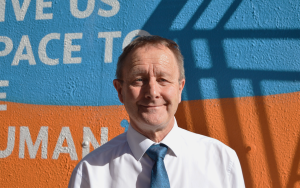Round table: On a war footing – the battle for talent intensifies
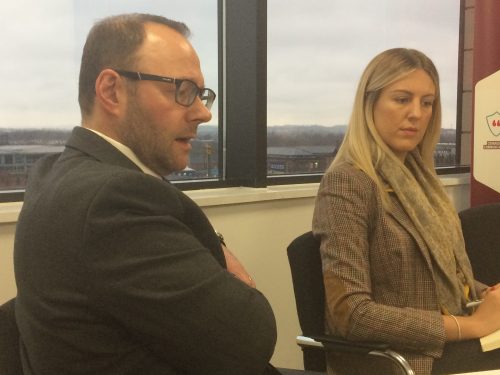
Over the course of the past 12-24 months, the recruitment landscape has witnessed a talent shortage that, says recruitment experts Macildowie, is causing undeniable pain to many successful organisations.
Our latest round table debated the war for talent – a war, says Macildowie, that talent has won – and that means that businesses need to think differently, more strategically in order to hire the best talent in the market.
What are the key drivers to hiring the best talent?
James Taylor: We’ve seen a big shift in our clients towards hiring a greater level of agency expertise into their in-house recruitment teams. The bigger employer brands are scrapping with each other for the talent between the £25-45k mark, as there are more vacancies than good people, so it comes down to brands asking themselves: what we can we do differently to attract the best talent?
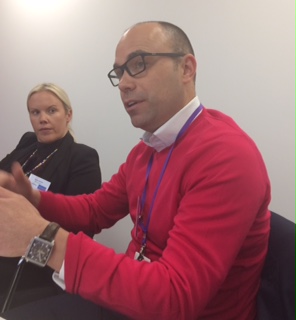
James Taylor
Matt Harmer: We’ve spent a lot of time mapping out the market to try and understand this. We’ve found we have a better range of talent to go after because we’re able to offer several different roles, and so we’ve been building these features into our recruitment systems.
Stephen Nugent: Why is there such a lack of talent in the £40-50k bracket?
Harmer: I think it’s because it’s so saturated, and there are so many applicants. The best candidates are looking for growth opportunities and the ability to change roles within a company.
Nugent: I agree that there’s a lack of talent at the lower end of the scale and the calibre of candidates isn’t what it once was. Of course, the bar may have risen somewhat too. What this means for some companies is there is a talent gap within organisations.
Tom Lyas: Our issues are different. We spend around £1.2m a year on recruitment and that has halved. The biggest thing for young candidates now is employer brand, and because of that we don’t have to try too hard to get in front of the best talent as we’re well-known in Nottingham. It’s a different case in the likes of Exeter, Manchester and London it’s more difficult as we don’t have as high a profile.
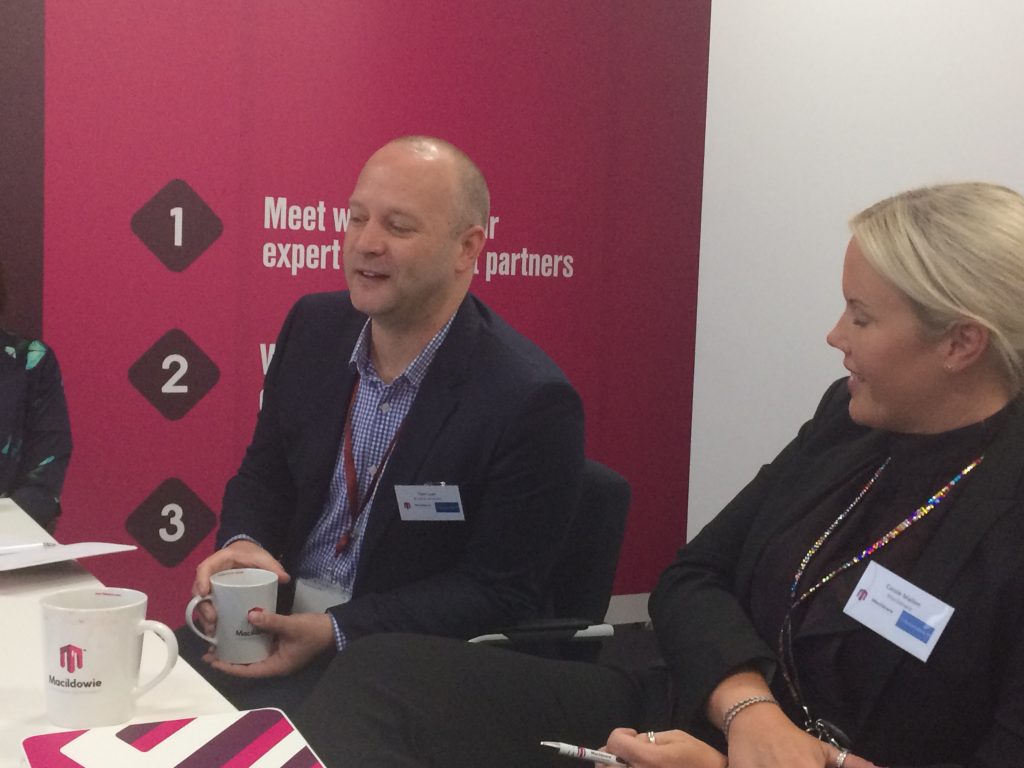
Tom Lyas and Cassie Mallon (Macildowie)
Taylor: I think there is a big difference between larger organisations and smaller ones. In the world of big companies HR departments are looking for reasons to hire, whereas in SME-land company owners are often looking for a reason not to hire.
That’s an interesting point from James – is this true in your company?
Dawn Conneely: We don’t have a huge staff turnover at Capital One, which is great. We like to get the best talent early on and promote them and develop then internally. About 30% of our vacancies are filled in-house.
Why are businesses struggling to secure talent?
Sam Evans: We definitely are. We’ve tried people from the top of the pay bracket to the bottom of it and we’ve often found that our clients find employees in our industry don’t really understand their needs. We need people at graduate level who can do this – it’s very hard to train into people.
Taylor: Therein lies a major problem; schools and universities are putting people into the world of work when they’re clearly not ready. Their courses aren’t relevant for real life scenarios. Digital marketing is a big example of this and an area of the job market where demand for talent exceeds supply.
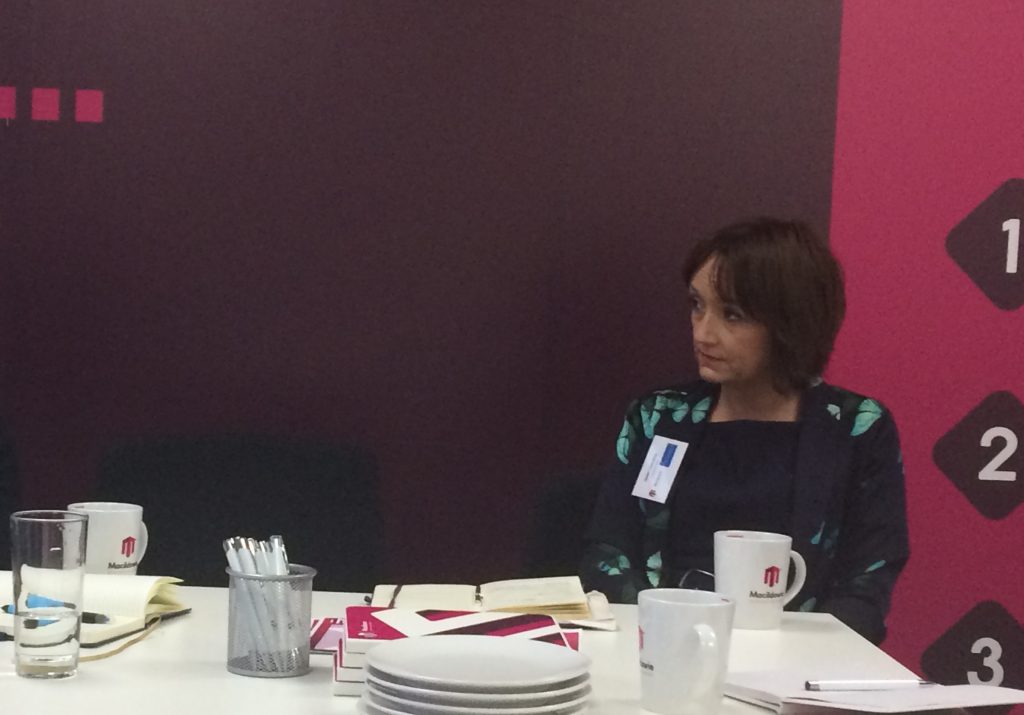
Dawn Conneely
Evans: We’ve made all the mistakes possible when it comes to new hires, and we’ve often ended up working with freelancers. What we’re looking for are people with a couple of years’ experience, but they’re not used to working with lots of small clients – they want the glamorous stuff. They don’t really understand that it’s the smaller clients that are the most profitable.
Harmer: Can you teach them that?
Evans: You can, but it takes time.
Conneely: What a company needs is someone with the right aptitude and attitude. That’s what we look for.
Taylor: “Whenever I go and see a client, one of the things I make sure I say to them is ‘consider the wildcard’. Curiosity is key in good quality candidates, while having an insatiable desire for self development and learning is
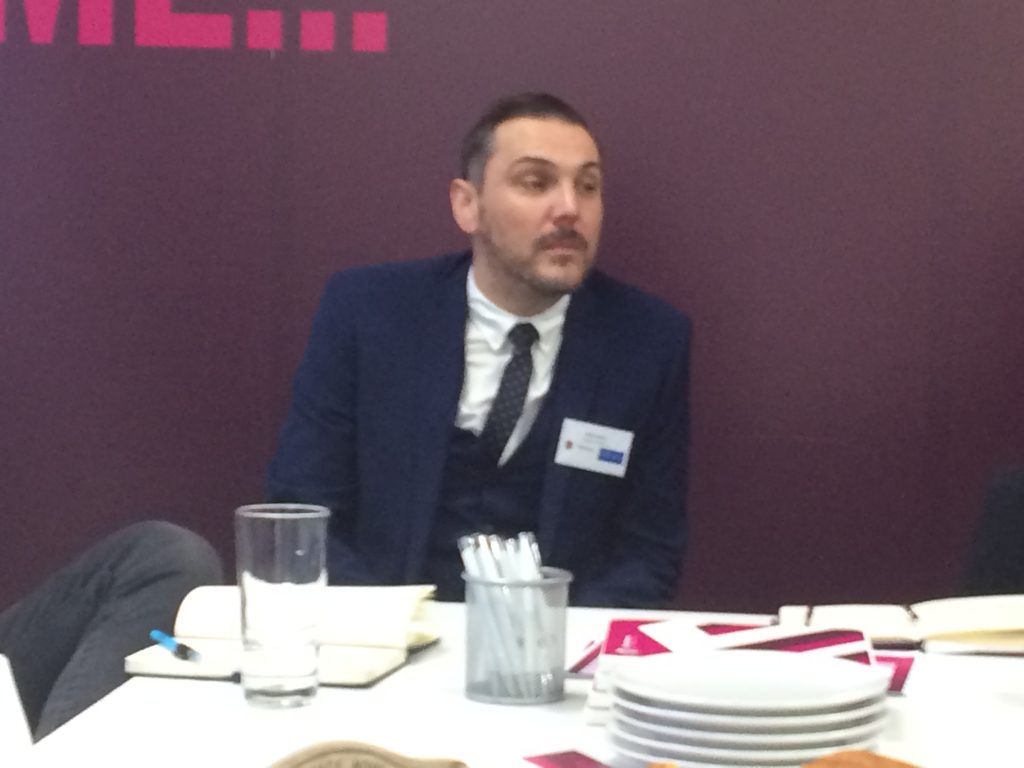
Sam Evans
super-critical, it means an employee will go home every evening and learn everything she or he can about their job. Hiring the right behaviours is something I urge businesses to focus on.
How important is employer brand?
Harmer: We can do fun stuff with our employees, so I don’t think we have any problem in this area. We’ve tried to create something different in the way we work and with our offices. We don’t necessarily want to fill our vacancies with senior people – will they feel isolated when they’re surrounded by a bunch of beanbags in our offices? We’re trying to move away from that. Flexibility is key, but recruitment is changing too.
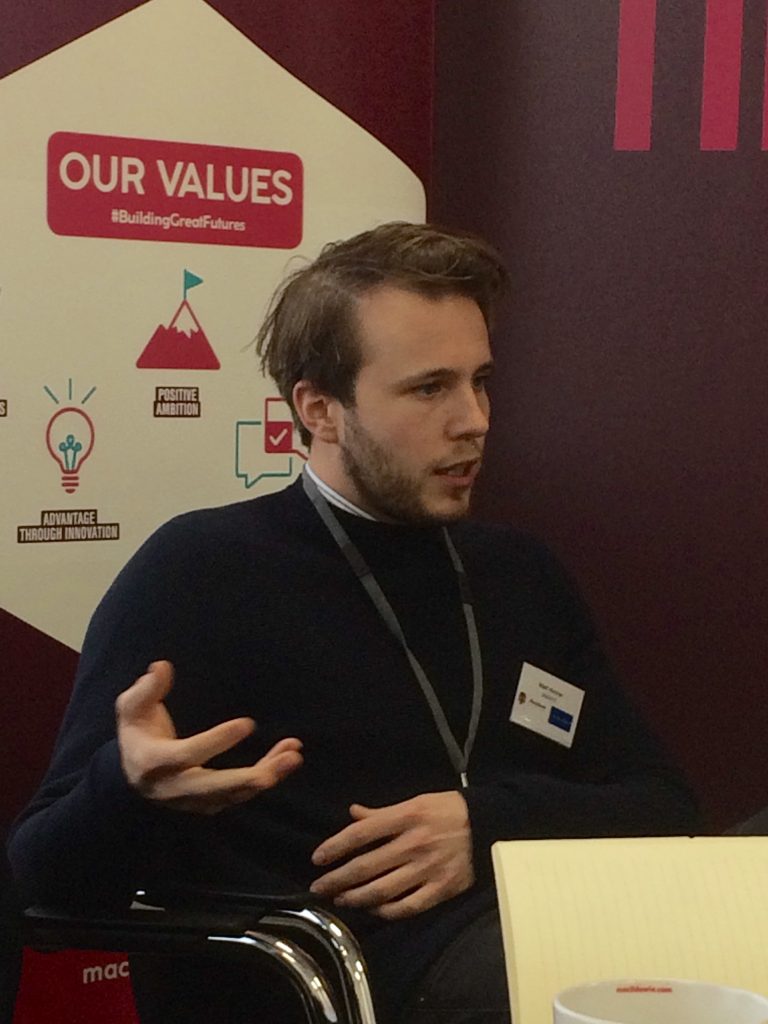
Matt Harmer
Lyas: I think a business needs to be in touch with its employees’ soft skills. It should be 80% the person, 20% whether they fit the job spec when it comes to hiring. If the perfect person comes along for a role, but doesn’t quite fit the job spec, then shape the job around them a little bit. Make the role slightly different.
Taylor: I agree with this. It has to be a two-way street. What we’ve been saying is: the war for talent is over – and talent has won. That’s why the big brands and companies are currently in a scrap for the best talent. So, they have to look at how they recruit differently – that’s where we come in.
Panel:
James Taylor, Macildowie
Dawn Conneely, Capital One
Matt Harmer, Unidays
Stephen Nugent, Boots
Tom Lyas, Browne Jacobson
Sam Evans, Gather Social









